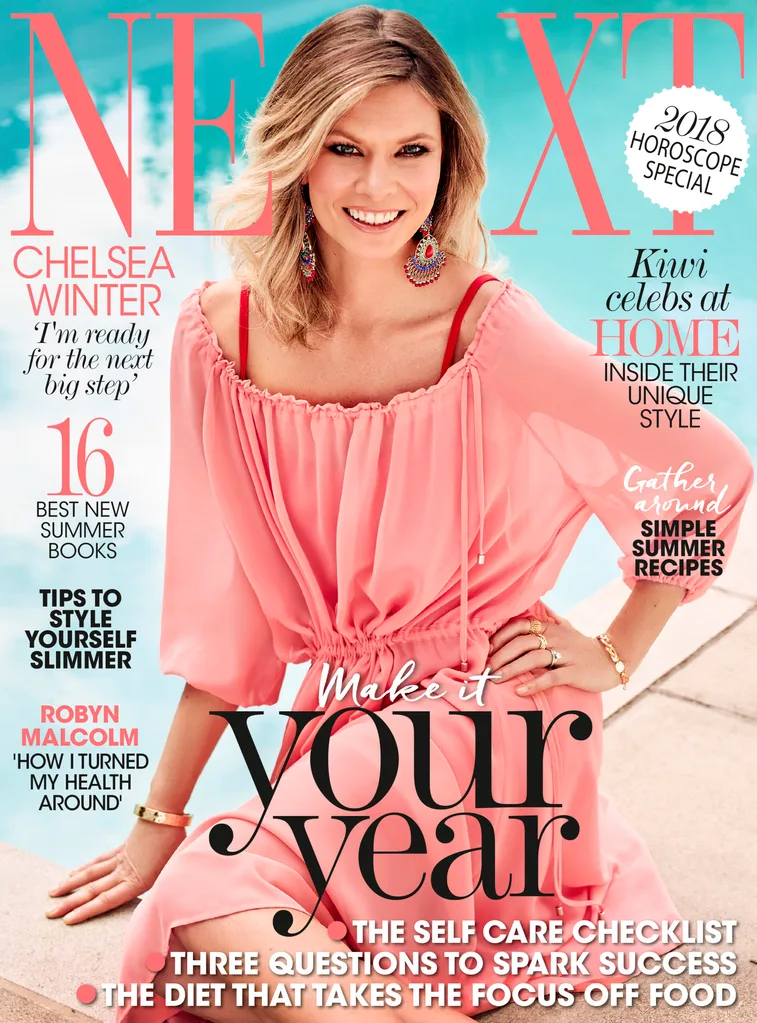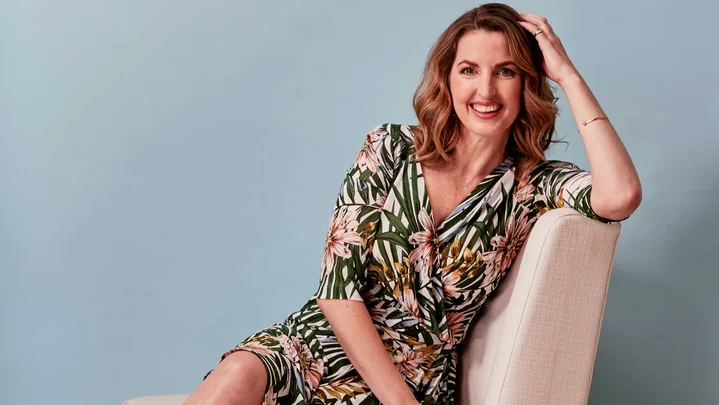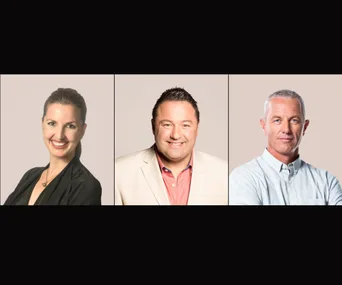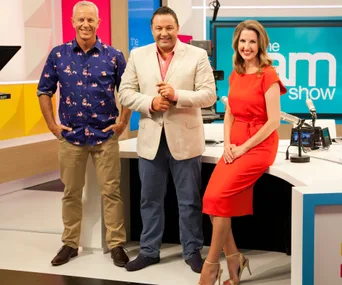When you google ‘Amanda Gillies‘, the results point to a story from Three’s The AM Show that screened last May. Presenter Duncan Garner was interviewing a fertility expert when the chat turned personal and both newsreader Amanda and co-host Mark Richardson opened up about their individual fertility struggles.
Despite a journalism career that spans almost two decades, it’s this five minutes of television that currently define her. (It should come as no surprise that the story doesn’t appear when you search Mark’s name.)
It was an interview she’d intended to stay out of, she says.
“If I’m honest with you, I couldn’t actually take part in the conversation, because I found it too hard at the time. But the boys both knew my situation, and I trust them both and completely adore them both.”
It was only after Mark had shared he and his wife Mary’s battle to conceive – and became choked up during the process – that Amanda realised she was willing to do the same.
“I thought, ‘If you’re strong enough to tell your stories, I should too.” And so Amanda discussed being childless in her 40s, and that this made her feel like a failure as a woman. It’s raw and emotional to watch, even months later.
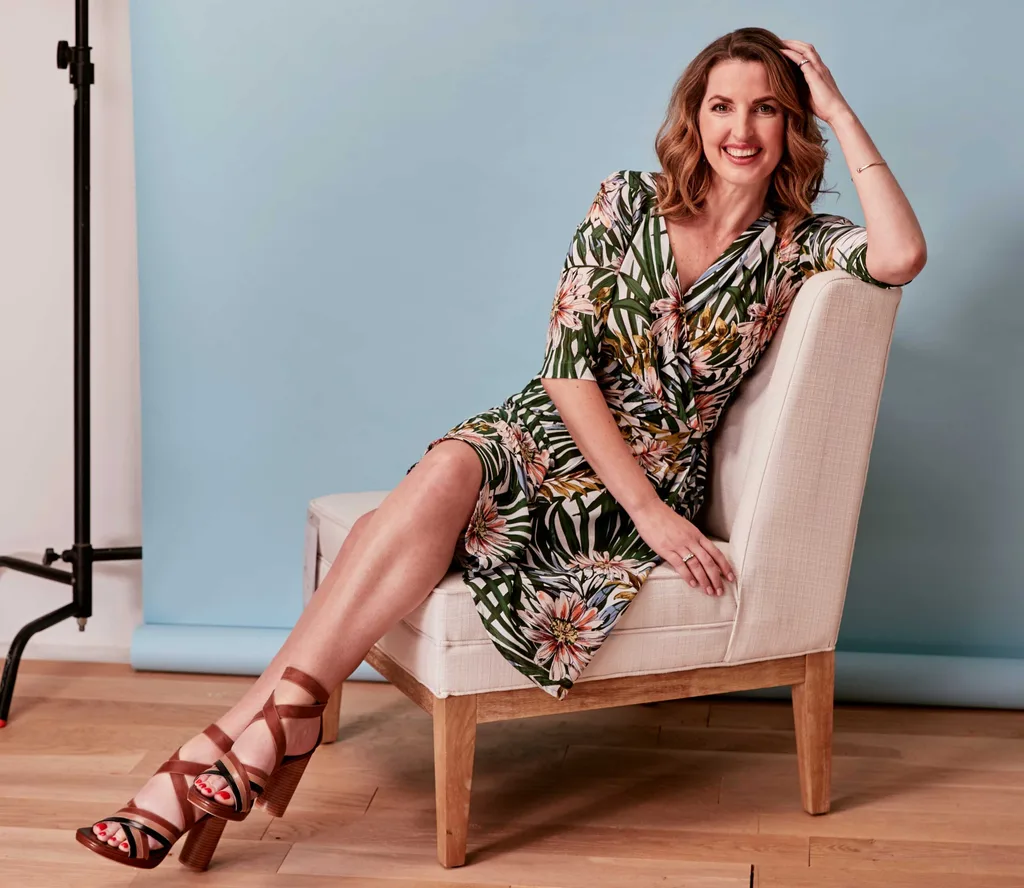
It was not a planned admission, she says.
“I’m really personal about it, because I also respect that it’s everyone’s own choice. And it is, for a woman, quite a heartbreaking thing to have to deal with. There have been a lot of tears shed for me. But it came up.”
And so she talked, with Mark beside her and Duncan instinctively reaching over to hold her hand. It was a tender little moment between three colleagues that went viral. The feedback was immediate.
“To cry on national TV was hard,” says Amanda. “But the response was humbling – beautiful people giving their honest stories of what they’ve been through, and you realise how many people go through it. And you think of how many people have had happy endings and how many people have had devastating endings, but we’re all in it together.”
She’s replied to as many of the people that came forward as possible and believes the reason it struck such a chord is because it’s a topic that’s not really talked about. Women’s bodies – particularly their wombs – are so often considered suitable topics of conversation, and yet there’s a silence that surrounds fertility issues.
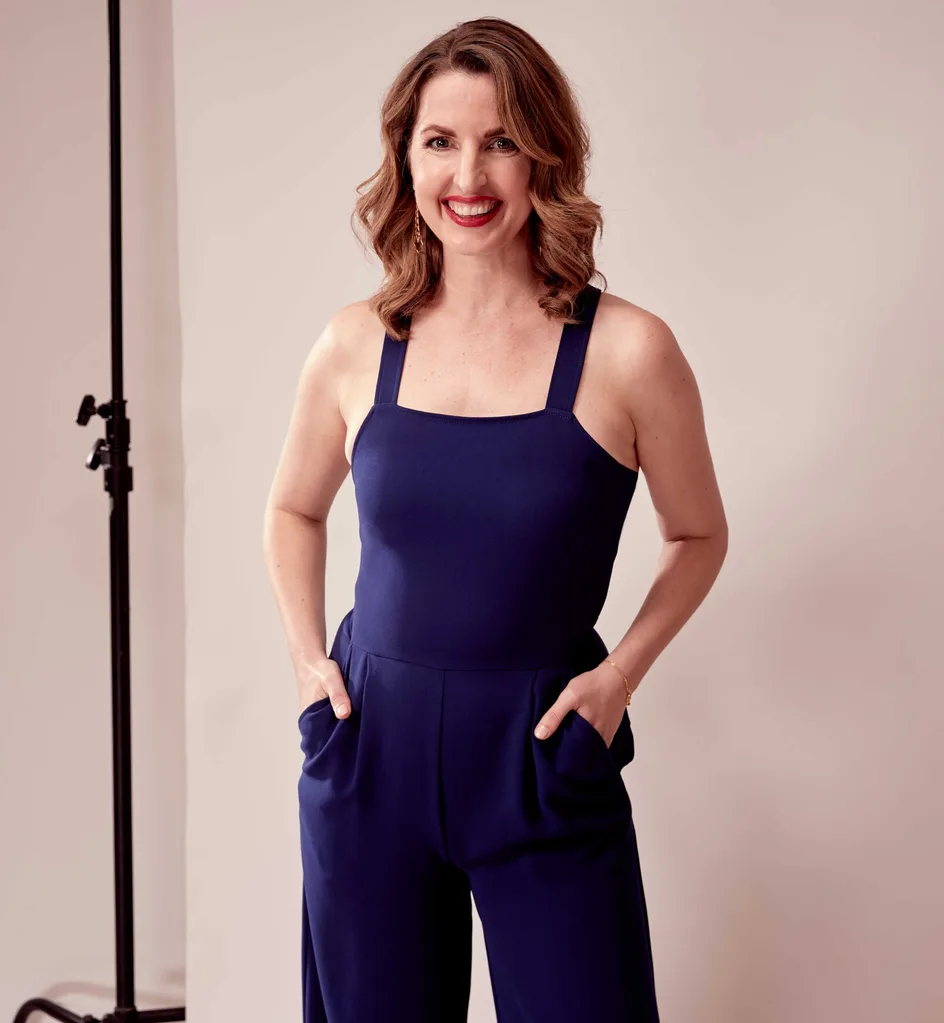
“I think the hardest thing someone ever said to me was, ‘You don’t understand because you’re not a mum,'” says Amanda.
“I thought, ‘Wow, that hurts.’ There was no, ‘Why aren’t you a mum?’ A lot of people said to me, ‘Oh, I thought you didn’t want kids – I thought your career was more important.'”
She acknowledges that the topic is a minefield for a lot of people.
“One of the first things people ask when someone gets married is, ‘When are the kids coming along?’ And it’s such a hard question! To say, ‘Actually, I can’t have kids’, or ‘It’s too far gone for me to have kids’ or that it’s the guy who can’t have kids… No one, for whatever reason, wants to discuss that. And it’s a heartbreaking thing because you take it for granted that it’s what you do.”
Amanda tells younger female colleagues to work having kids into their career path, if they want to start a family.
“I tell them not to wait too long, because your body won’t wait with you.” At 41, Amanda knows the odds are not in her favour. “But I won’t give up hope. I refuse to give up hope… Miracles are a wonderful thing.”
To read about Amanda’s struggle with endometriosis and how she is dealing with it in full, pick up your latest issue of NEXT magazine, on sale now.
